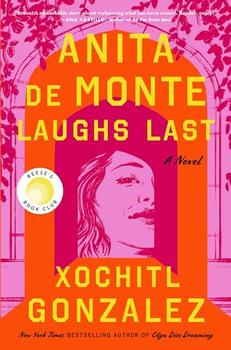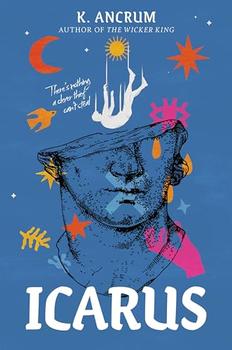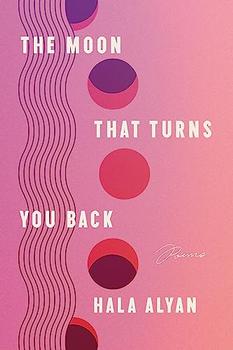Trivia About the Human Body
This article relates to The Body

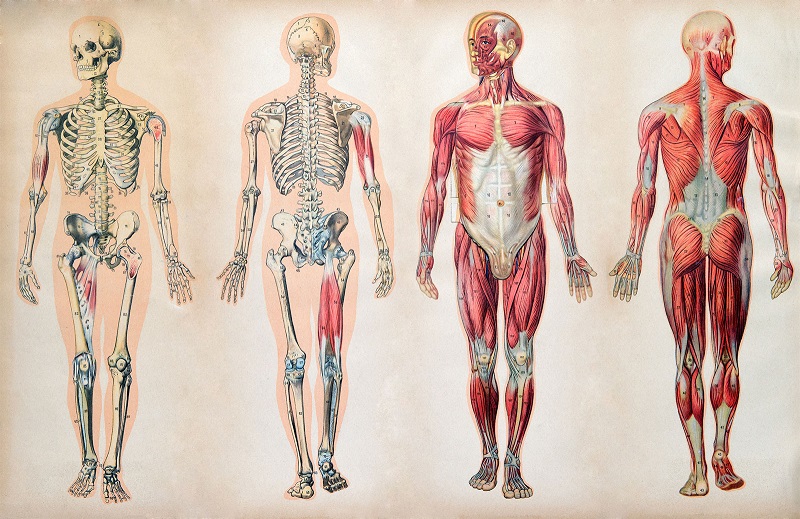 Bill Bryson's The Body: A Guide for Occupants is an engaging exploration of the human body, packed with interesting trivia about human anatomy. Some of the most memorable facts the author presents are:
Bill Bryson's The Body: A Guide for Occupants is an engaging exploration of the human body, packed with interesting trivia about human anatomy. Some of the most memorable facts the author presents are:
- According to calculations by Britain's Royal Society of Chemistry, 59 elements are needed to construct a human being. Just six of these (carbon, oxygen, hydrogen, nitrogen, calcium and phosphorous) make up 99.1% of our bodies.
- Every day between one and five of your 37.2 trillion cells turns cancerous, but your immune system almost always captures and kills the malignant cells.
- Our skin doesn't have receptors for wetness, only thermal sensors, which is why when you sit down on a wet spot you can't tell if it's truly wet or just cold.
- Melanin, the molecule responsible for the color of skin, is also responsible for hair color. Melanin production slows as we age, and the hair shaft stops absorbing it for unknown reasons. Each hair follicle then starts producing a small amount of hydrogen peroxide, which leads to a gradual loss of hair color. This is why our hair turns grey, then white, as we grow older.
- Passionate kissing, Bryson explains, "results in the transfer of up to one billion bacteria from one mouth to another, along with about 0.7 milligrams of protein, 0.45 milligrams of salt, 0.7 micrograms of fat, and 0.2 micrograms of 'miscellaneous organic compounds' (that is, bits of food)."
- Most people produce five to ten ounces of tears a day, which "drain away through holes known as puncta on the little fleshy knob…in the corner of each eye beside the nose. When you cry, the puncta cannot drain the fluid fast enough, so it overflows your eyes and runs down your cheeks."
- Saliva contains a painkiller called opiorphin that has six times the painkilling effect of morphine. It's incredibly diluted, however, and no one's sure why the body produces it.
- In terms of ability to bear weight, bones are four times as strong as reinforced concrete per cubic inch, and they grow bigger with exercise and use, just like muscles do. People have about 206 bones, which together weigh no more than twenty pounds, yet most can withstand up to a ton of compression.
- Out of some 250 species of primates, we're the only ones that evolved to become bipedal.
- According to Bryson, "being a committed couch potato (defined as someone who sits for six or more hours per day) increases the mortality risk for men by nearly 20 percent and for women by almost double that. (Why sitting too much is so much more dangerous for women is unclear.) People who sit a lot are twice as likely to contract diabetes, twice as likely to have a fatal heart attack, and two and a half times as likely to suffer cardiovascular disease…It doesn't seem to matter how much you exercise the rest of the time."
- 80% of all autoimmune diseases occur in women, even though they are healthier and live longer than men. For instance, women are twice as likely as men to get multiple sclerosis, ten times more likely to get lupus, and fifty times more likely to suffer a thyroid condition known as Hashimoto's disease.
- Affluent countries exhibit higher rates of allergies than developing nations do. No one knows why for sure, but some researchers have speculated that the phenomenon is tied to the developed world's higher level of exposure to antibiotics.
- It's a myth that you lose most of your heat through your head. It only seems that way because if you're outside in cold weather often your head is the only part of you exposed; it consequently plays a disproportionate role in any heat loss. Bryson adds: "So listen to your mother when she tells you to put a hat on."
Diagram of human anatomy, courtesy of Britannica.
Filed under Medicine, Science and Tech
 This "beyond the book article" relates to The Body. It originally ran in November 2019 and has been updated for the
January 2021 paperback edition.
Go to magazine.
This "beyond the book article" relates to The Body. It originally ran in November 2019 and has been updated for the
January 2021 paperback edition.
Go to magazine.
This review is available to non-members for a limited time. For full access become a member today.
Membership Advantages
- Reviews
- "Beyond the Book" articles
- Free books to read and review (US only)
- Find books by time period, setting & theme
- Read-alike suggestions by book and author
- Book club discussions
- and much more!
-
Just $45 for 12 months or
$15 for 3 months.
- More about membership!
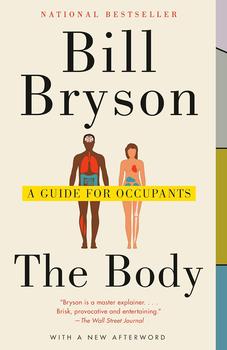
 Book Reviewed by:
Book Reviewed by: Bill Bryson's The Body: A Guide for Occupants is an engaging exploration of the human body, packed with interesting trivia about human anatomy. Some of the most memorable facts the author presents are:
Bill Bryson's The Body: A Guide for Occupants is an engaging exploration of the human body, packed with interesting trivia about human anatomy. Some of the most memorable facts the author presents are:
![]() This "beyond the book article" relates to The Body. It originally ran in November 2019 and has been updated for the
January 2021 paperback edition.
Go to magazine.
This "beyond the book article" relates to The Body. It originally ran in November 2019 and has been updated for the
January 2021 paperback edition.
Go to magazine.

